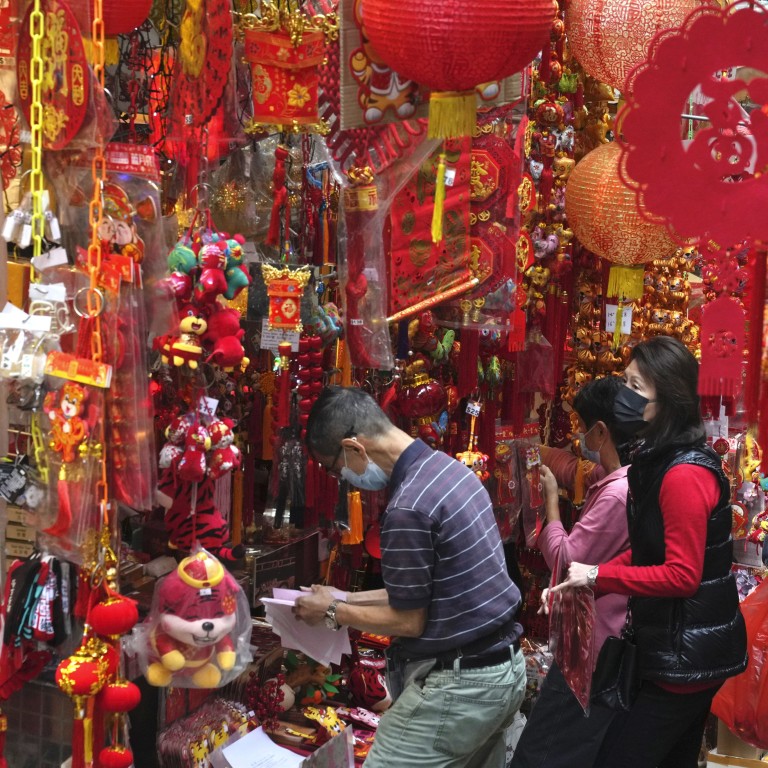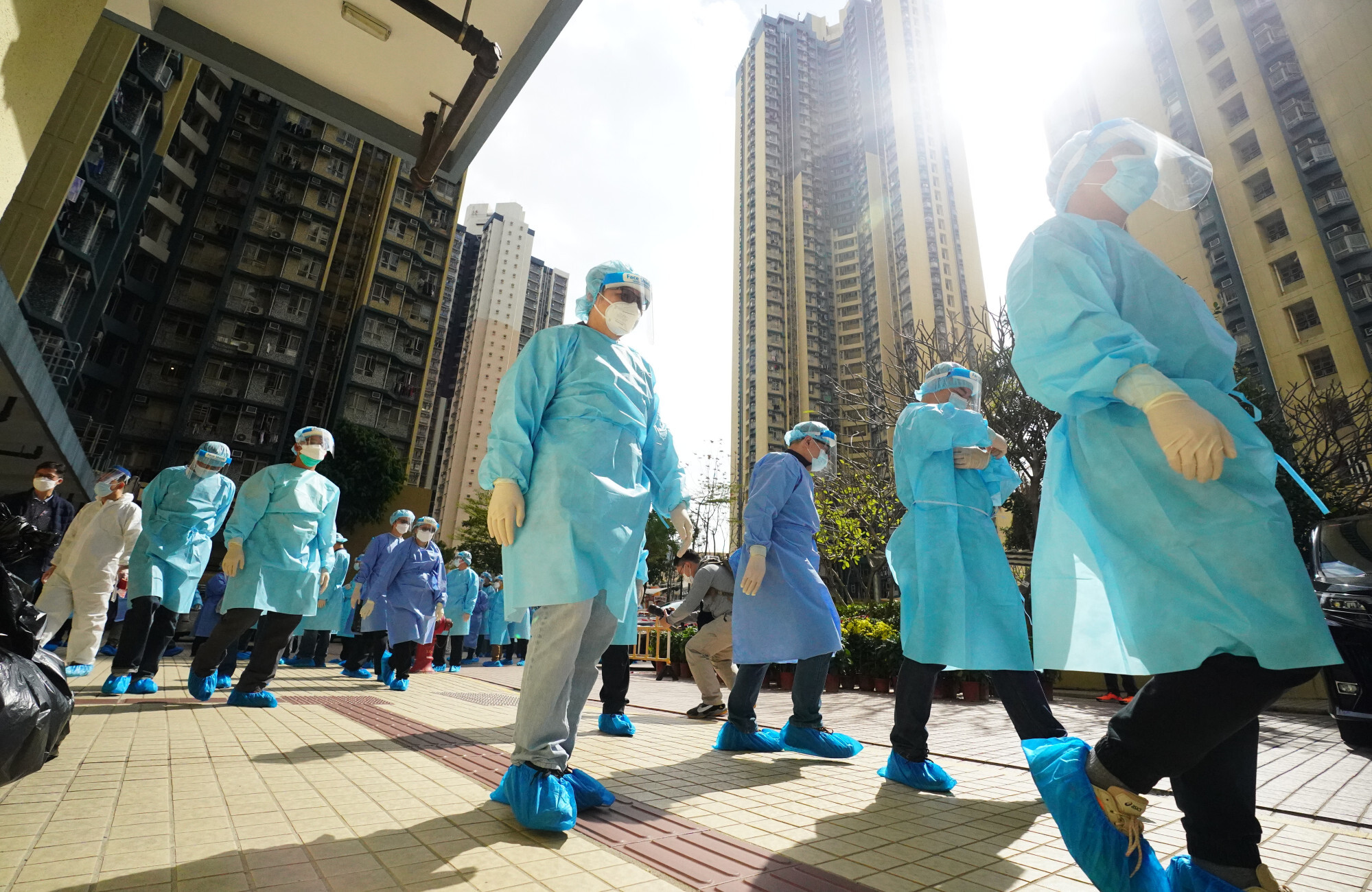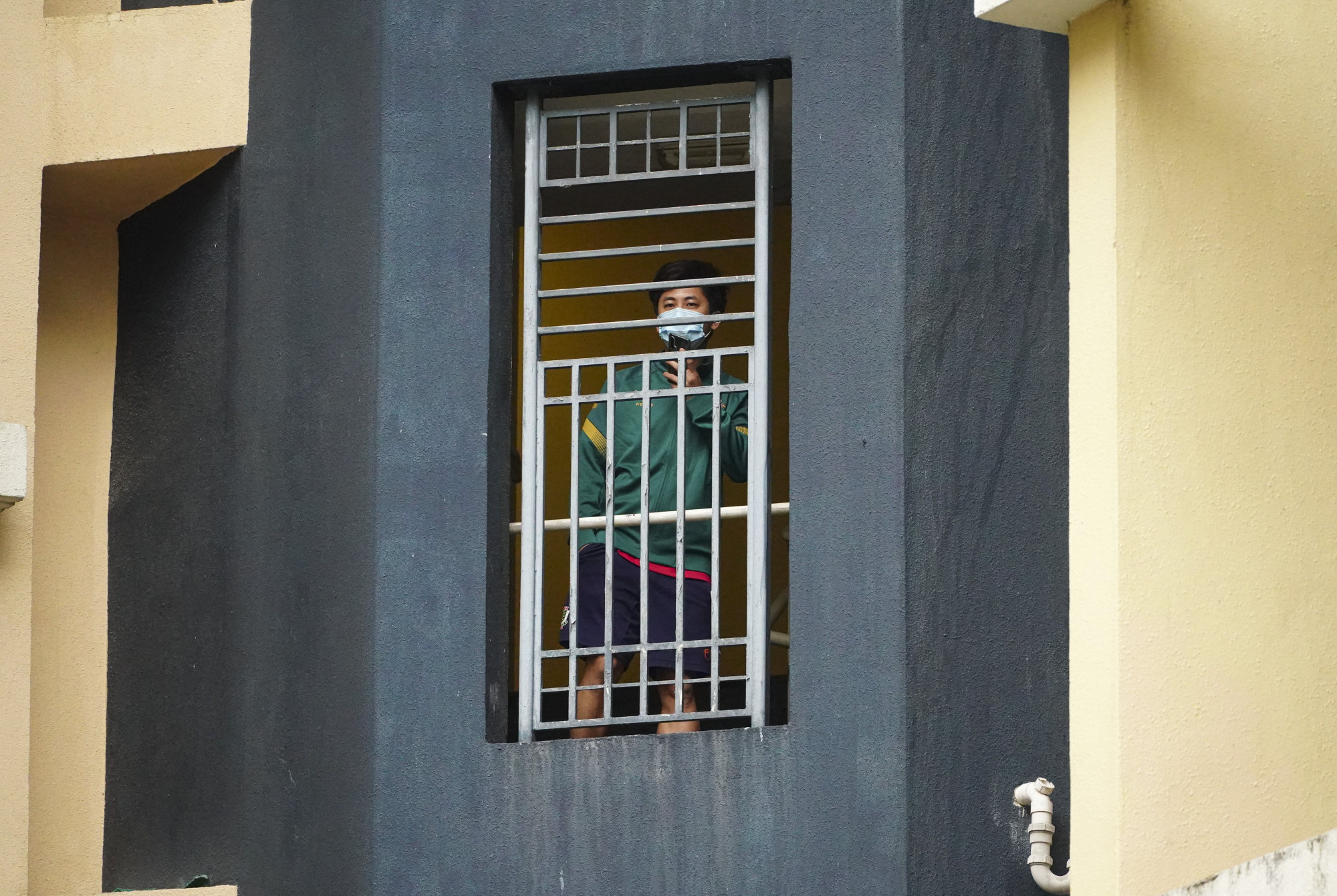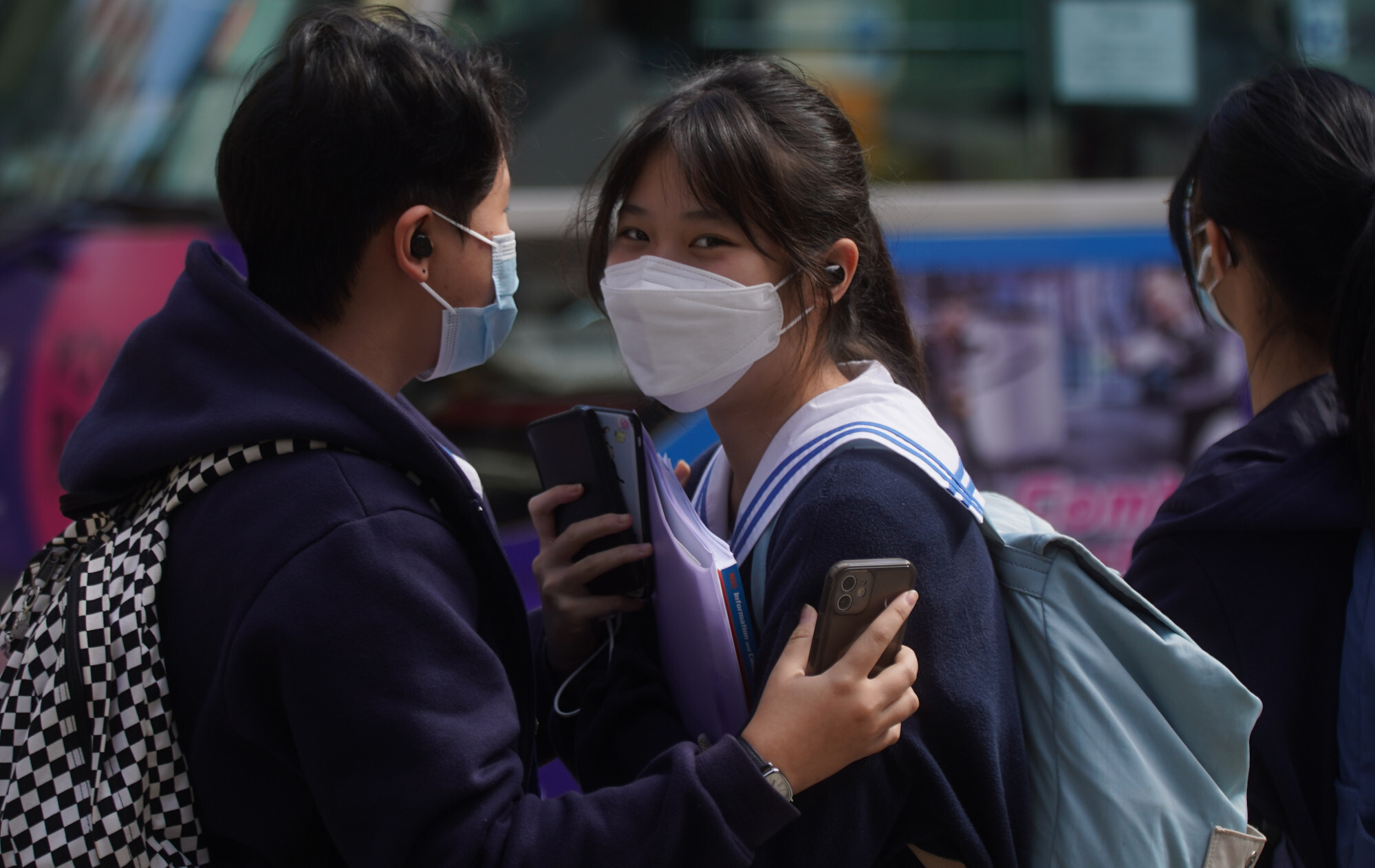
Can Hong Kong avoid ‘dynamic zero-Covid’ dystopia and be Beijing’s model for re-engaging with the world?
- With hugely important events like the Olympics and the party congress looming, Beijing’s stance on zero-Covid may be reasonable. The case for Hong Kong is less persuasive
- Sticking with zero-Covid risks surrendering Hong Kong’s position as Asia’s pre-eminent financial and business hub. But the current outbreak offers it an opportunity to find a more sensible and sustainable approach
In the days since, Hong Kong experts have stressed that the city, like the mainland, is pursuing a “dynamic zero-Covid” approach, where it expects local cases but will move to identify and cut off community transmission links immediately.

Chasing zero-Covid
How did mainland China and Hong Kong find themselves in this quagmire of chasing the unattainable goal of elimination? With mainland China, one can argue that “dynamic zero-Covid” is a reasonable course of action for much of 2022. The government has not authorised the use of mRNA vaccines for its people; its healthcare system, stressed even before the pandemic, might easily be overwhelmed when Covid-19 confronts an immunologically naive population; and public opinion is highly mobilised to oppose living with Covid.
There are also some well-known organisational biases that make it difficult for the mainland authorities to change its approach to Covid, especially given their early success with containing it. First, the authorities are likely to be loss averse: they care more about avoiding losses than pursuing gains. In places where new cases are down to very low numbers, even one new case is considered a loss and a huge risk to one’s career. By contrast, opening up is viewed as a gain and is thus weighted much less.
Economies chasing zero Covid-19 infections are trapped by their own success
A analogy from football can explain how loss aversion leads to excessive defensiveness. In the match against Covid-19, China went into the first half interval (in the middle of 2021) with a 2:0 lead, whereas most other countries were down 4:0 at half-time. Living with Covid is like coming to a truce with it: a draw. For China, going from a 2:0 lead to a draw feels like a defeat. It is thus going to play a lot more defensively rather than throw caution to the wind. For most other countries, going from 4:0 down at half-time to a draw is obviously a fantastic result; with their backs against the wall, there is little to lose from taking more risk.
Second, the sunk cost bias means that officials do not want to feel their previous efforts have been wasted; they are therefore more likely to persist with harsh measures to maintain zero infections than “squander” their early success with suppressing Covid.
Third, the present bias means that even if the authorities accept that it is unavoidable that infections will eventually rise, they would rather delay the inevitable pain to some distant future. But of course, this leads to constant procrastination since there is never a good time to declare that we have to start living with Covid.

Irrationality of zero-Covid in Hong Kong
The case for Hong Kong to pursue zero-Covid is much less persuasive; the prospect of reopening borders with mainland China is the only reason Hong Kong still pursues it. But even if Hong Kong manages to stamp out local cases, whatever border reopening that occurs is still unsustainable since any flare-up of cases on either side would lead to closed borders once again. And given that Covid-19 will become endemic in the rest of the world, maintaining open borders with China necessitates both sides to be closed to the rest of the world. While this is tolerable for mainland China, it is hardly so for Hong Kong.
Hong Kong can break free from its zero-Covid corner. Here’s how
There is also a major but underappreciated risk of Hong Kong pursuing zero-Covid longer than necessary. When the Chinese authorities eventually decide to live with Covid, they are unlikely to do so with a bang. All the reasons cited above for China to maintain its zero-Covid stance also suggest that when China changes tack, it will do so gradually, quietly, and without any fanfare. Cities that have stronger governmental capacity, such as Shanghai and Shenzhen, may also be allowed to experiment more boldly to live with Covid.
If the mainland authorities were to make this gradual shift to a different Covid strategy, the Hong Kong government might well find itself struggling to adapt. The absence of an explicit signal from Beijing would make it harder for Hong Kong authorities to set clear policy directions, and to calibrate its Covid policies accordingly. Policy could lurch from being too loose to too strict – as we saw last year with the short-lived experiment with using serology tests to reduce quarantine time for travellers – creating more uncertainty for businesses and residents. This is hardly conducive for restoring Hong Kong’s position as the pre-eminent hub for international firms trying to enter the Chinese market, even as cities such as Shanghai and Shenzhen open up with greater vigour.

An optimistic scenario
The corrective to the dystopia described above is for the Hong Kong government to develop better foresight and anticipatory capabilities, and to lead (rather than lag) cities in the mainland in adapting to Covid. With vaccination rates close to 80 per cent, this scenario is not as unthinkable as it sounds. Responding only to what the mainland authorities want in the present is hardly adequate, especially if their policy goals and desires are fluid and evolving.
The current outbreak in Hong Kong, in fact, offers the authorities an opportunity to find a more sensible and sustainable approach of dealing with Covid – rather than to revert instinctively to a defensive zero-Covid posture. If Hong Kong succeeds in adapting to Covid, it also offers mainland cities a model for adapting to Covid and for re-engaging with the world. The latter has always been Hong Kong’s raison d’être.
For Hong Kong to perform its historical role once again, its elderly vaccination rates must rise by at least 50 percentage points. A failure to do this would mean that Hong Kong’s future continues to be held at ransom by its oldest members. But more fundamentally, it requires Hong Kong’s rulers to persuade mainland leaders that Hong Kong is far more useful to China as a gateway to the rest of the world than as a city that only has a travel bubble with the mainland.
Donald Low is senior lecturer and professor of practice in public policy at the Hong Kong University of Science and Technology, director of the university’s Institute for Emerging Market Studies, and director of Leadership and Public Policy Executive Education

